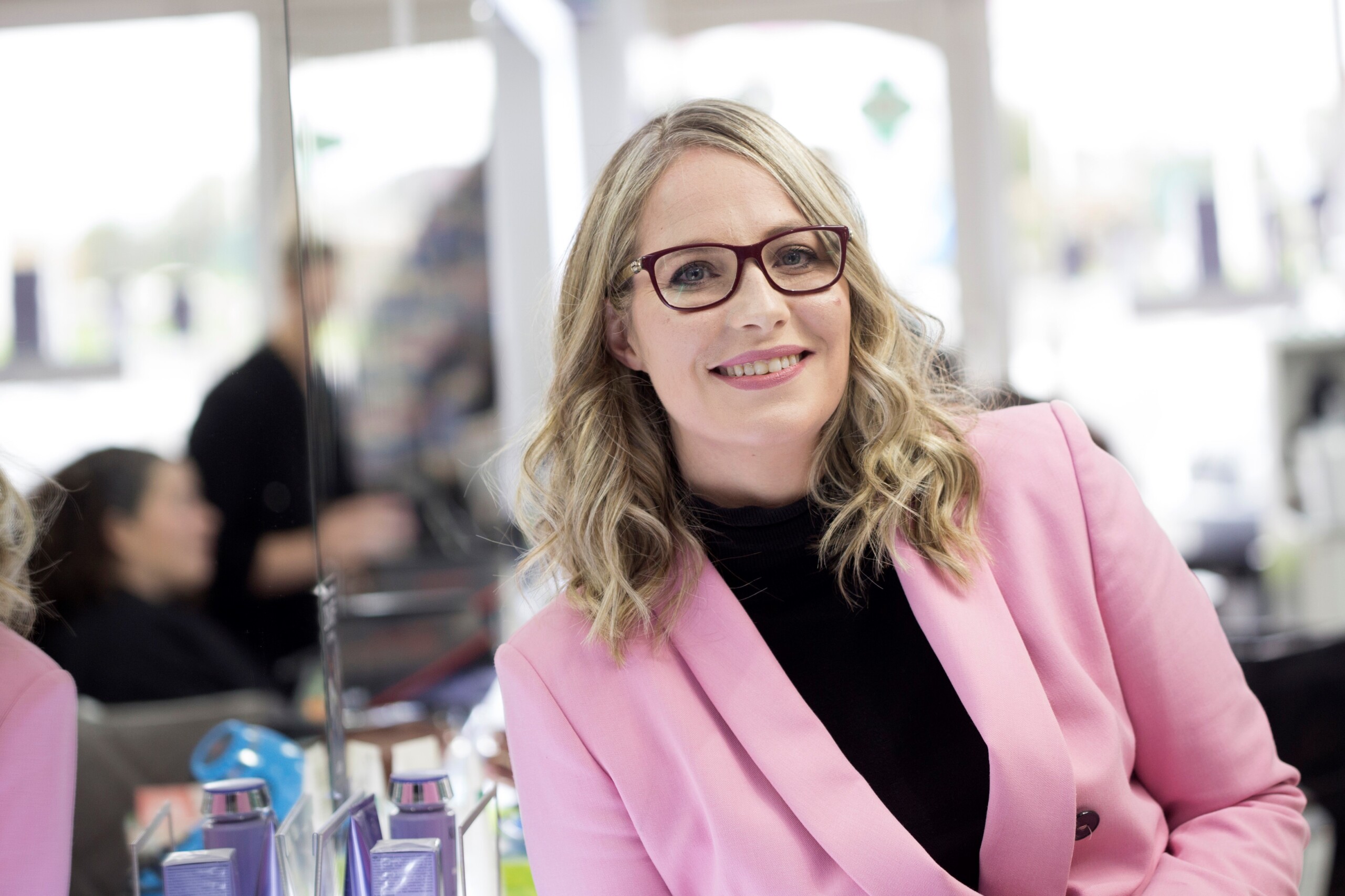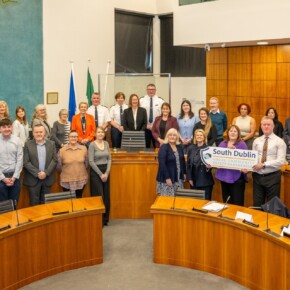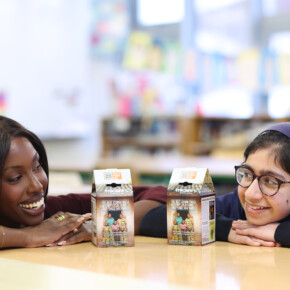Impact of Covid-19 on Hair and Beauty Sector
Padraig Conlon 21 Apr 2021
The Hair and Beauty Industry Confederation (HABIC) say they have written to the Government this week to highlight the devastating impact of Covid-19 on the sector across every county in Ireland including Dublin, where there are 6,966 people employed in 2,104 hair and beauty salons.
The group outlines the key supports needed to ensure the future sustainability of the sector where many businesses are challenged to remain as a viable going concern and which are further challenged by a huge increase in black market trading.
In a statement, HABIC said:
“The impact on trading and the many small business in the sector throughout Ireland has been very serious.
“Salons and operators have not been allowed to open yet in 2021 and in 2020 were closed for 22 weeks in total, almost half of the year.
“The year on year comparison for 2020 against the previous years’ trading shows a stark impact of the virus.
“HABIC has 2,500 members throughout Ireland and overall there are 9031 businesses in the sector.
“Economist Jim Power has produced a report for HABIC that highlights the impact of the pandemic on the sector and the numerous measures required to ensure it is sustained into the future.
“The economic value or GDP contribution of the sector in 2019 was €2,624 million in 2019, reduced to €1,740 million in 2020. In 2019 the industry provided 30,800 jobs and 18,480 indirectly; with these numbers reduced to 27,000 direct jobs and 16,200 indirect jobs in 2020, and decreasing.”
Margaret O’Rourke Doherty, CEO of HABIC, said:
“While we recognise public health and safety is the priority, our sector has been disproportionality penalised.
“Since the outbreak of Covid-19 and from a total of 6.8 million services, there have only been seven outbreaks identified in the sector. We have outlined a number of measures that will have the dual impact maintaining a viable sector and at the same time protecting taxpayers in the face of a burgeoning black market trade.”
“Our members account for thousands of employees with a significant presence in every town and village in Ireland who provide an essential service to the community. This is a crucial time for the sector and the communities who we provide our services to. It is essential that we are allowed to properly trade into the future,” she said.
Economist, Jim Power said: “COVID-19 has demonstrated the importance of hair and beauty services in Irish life, from a social, economic, and mental health perspective. Following the closure of these businesses in March 2020, and the subsequent varying levels of restrictions, the financial impact on the operators has been very severe, but the impact on the national psyche has been equally severe.”
HABIC say there are a number of key supports required to ensure the future sustainability of the hair and beauty sectors in Ireland. These are:
The 9 per cent VAT rate should become permanent. In addition, Government needs to do whatever it takes to extend the lower VAT rate to the beauty sector. This would help the legitimate operators compete against the non-legitimate operators and undermine the black economy in beauty and hairdressing services.
One of the challenges for the sector when it is allowed re-open will be to attract clients back who have migrated to non-legitimate operators. A ‘stay and spend’ type scheme should be introduced sector and only apply to registered legitimate businesses. By giving a tax credit to customers, clients would be enticed back to the salons; this would provide support to struggling businesses seeking to re-build; and it would help divert business away from non-legitimate operators who make no contribution to the Exchequer. The scheme should not be made available until 8 weeks after the salons are allowed re-open.
HABIC believes that the EWSS scheme should remain in place for the hair and beauty sector until at least the end of 2021, and possibly to the middle of 2022, depending on the evolution of the COVID-related restrictions on the sector. As employers must possess valid tax clearance to enter the EWSS and continue to maintain tax clearance for the duration of the scheme, this will further help legitimate businesses compete against non-legitimate businesses.
Legitimate hair and beauty businesses were forced to shut down in the interests of public health. Unfortunately, many of those businesses are left with a legacy of accumulate rents, commercial rates, tax liabilities, and bank interest costs. If those businesses are to re-start and become viable again, it is essential that reliefs are extended to the end of 2021.
As hair and beauty businesses are allowed re-open, the costs of doing so will be significant. These include further investment in PPE; Rapid Antigen Testing; the high fixed and variable costs in running a business under conditions of serious restrictions; and staffing problems. The sector needs to be given a meaningful once-off grant payment to enable them to re-open in a sustainable way. The grant should be equivalent to 50 per cent of commercial rates in 2019, subject to a minimum payment of €3,000.
HABIC is a non-profit, national organisation designed to support and enhance the sustainable development of the Irish Hair and Beauty industry. It is a progressive and transformative organisation working on behalf of its members to deliver a comprehensive action plan which ensures the voice and needs of the industry are recognised by all stakeholders. www.habic.ie











